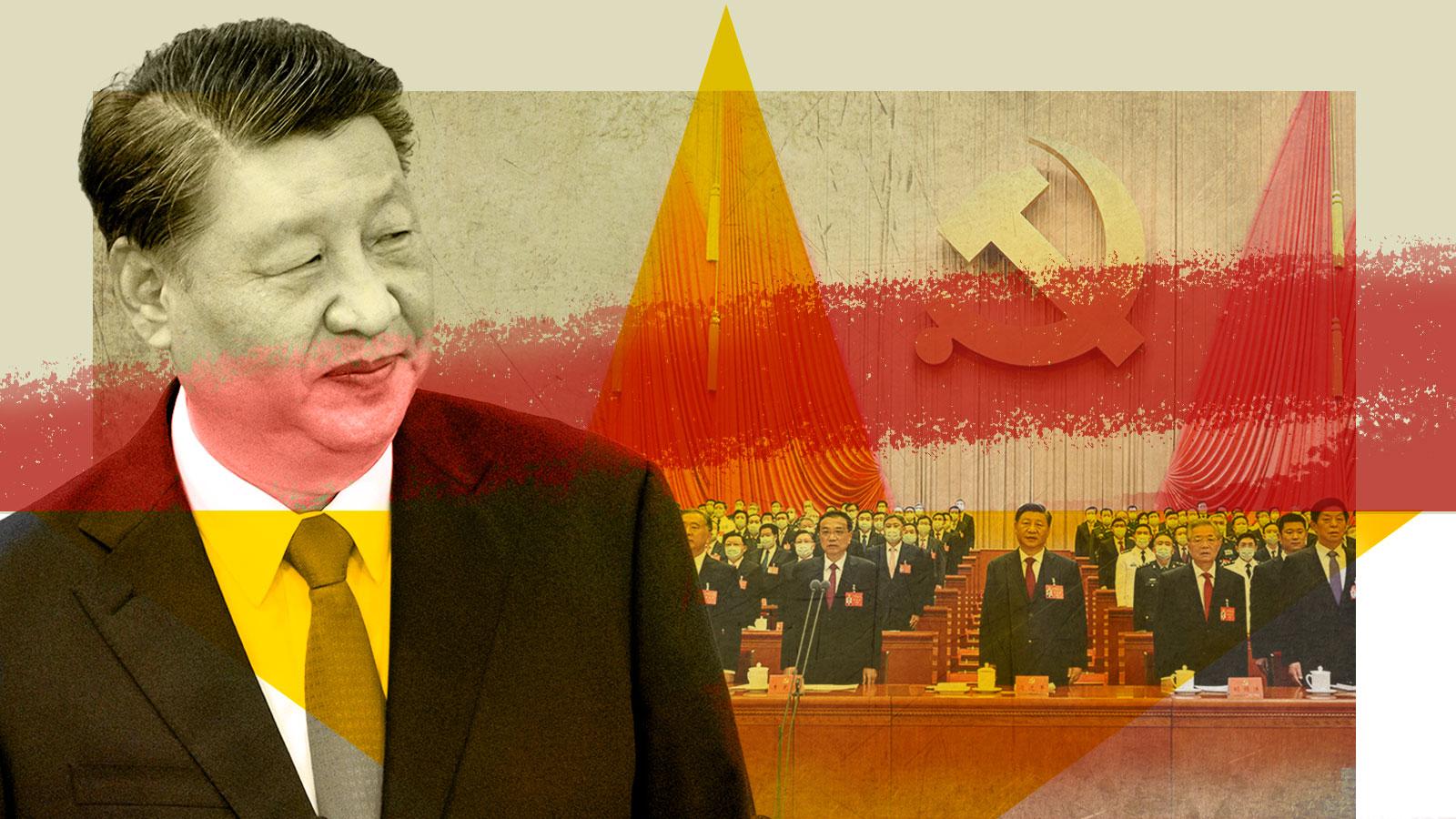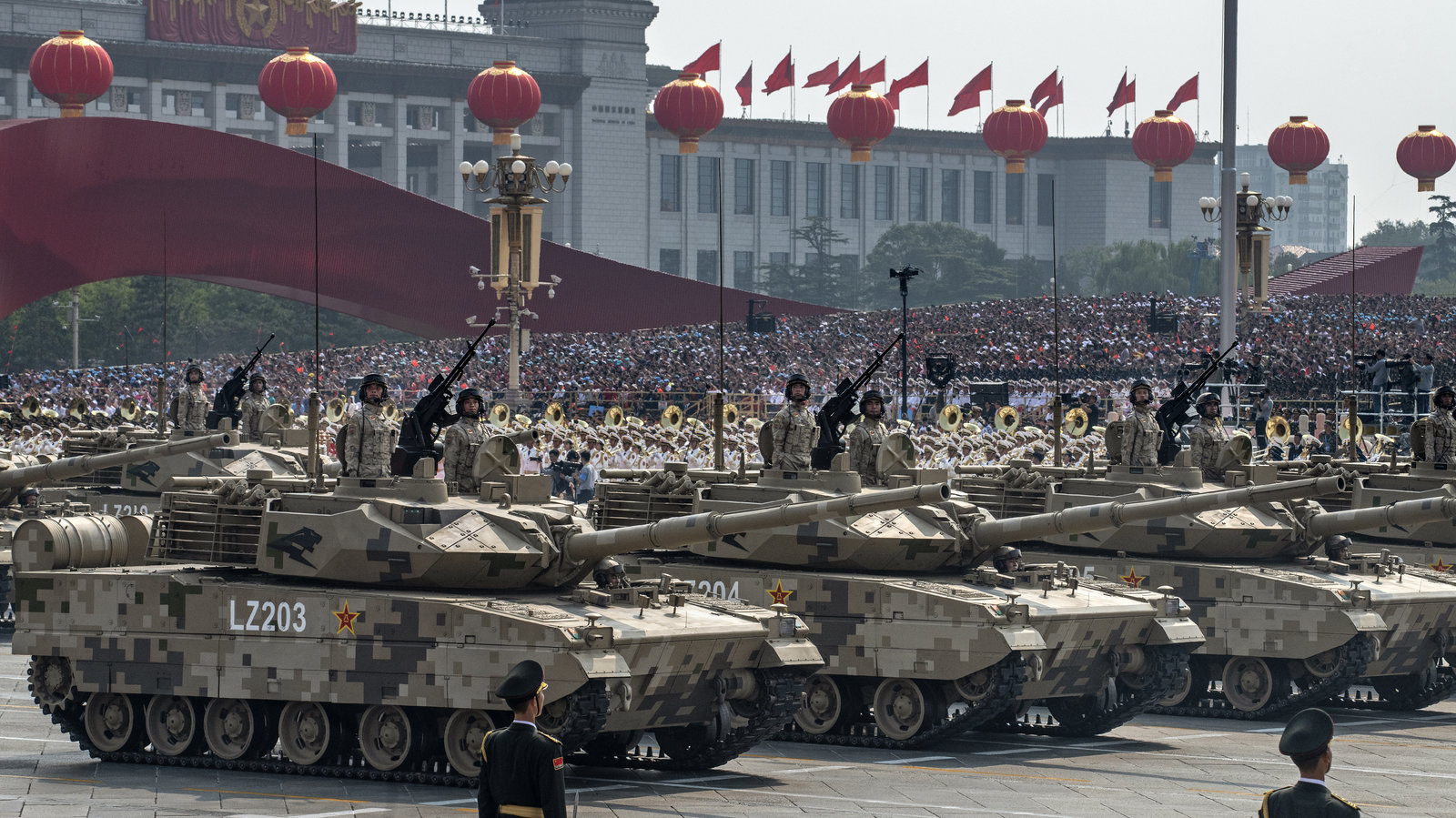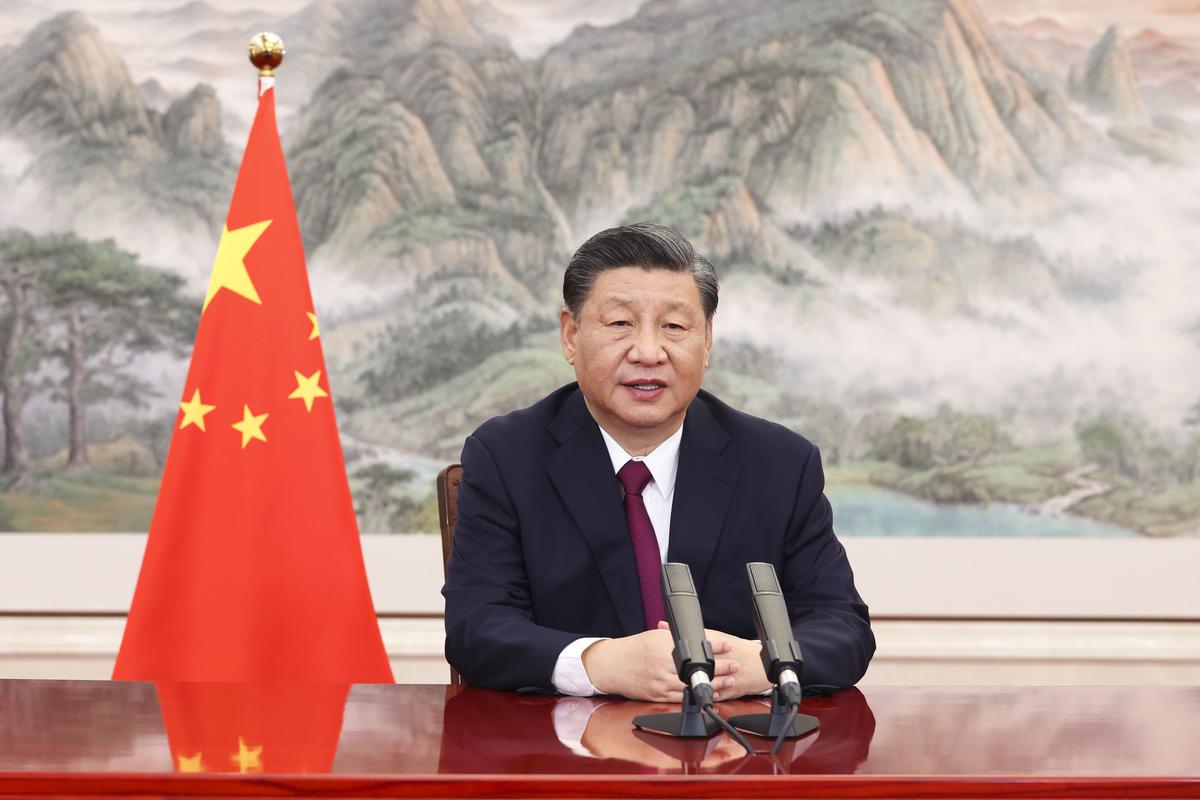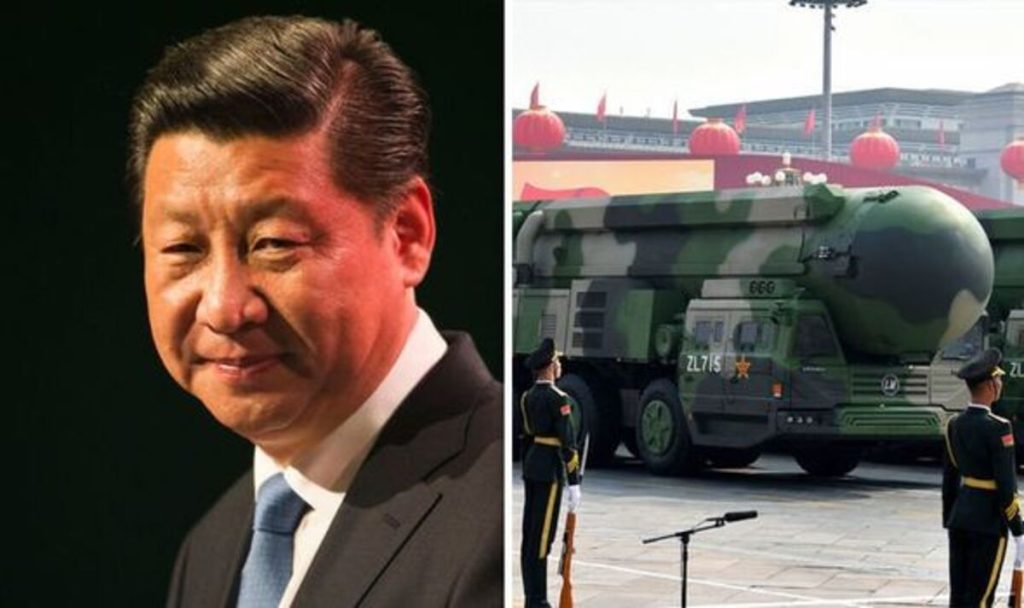In a significant move that has shaken the political landscape of China, President Xi Jinping has spearheaded a relentless anti-corruption campaign, leading to a series of high-profile purges within the country’s military and political circles.
This aggressive stance against corruption, a cornerstone of Xi’s leadership since 2012, has recently intensified, revealing deep-rooted issues and vulnerabilities within China’s power structures. The sweeping purges of key defence industry leaders and military generals highlight Xi’s uncompromising stance on rooting out corruption and disloyalty within the government and military.
These actions underscore the importance of maintaining control and loyalty among high-ranking officials to consolidate power and strengthen Xi’s grip on authority. Recent developments have illuminated Xi Jinping’s challenges as he navigates a complex web of corruption and mismanagement within China’s military ranks.
These purges aim to eliminate corrupt practices and serve as a clear message to those in power about the consequences of deviating from the established norms under Xi’s leadership.
As the purge continues to unfold, the implications of these actions are poised to have far-reaching effects on China’s political and military spheres, signalling a pivotal moment in Xi Jinping’s ongoing efforts to solidify his control and uphold the principles of governance and integrity in the face of internal challenges.
Recently, China has been amid a sweeping purge initiated by President Xi Jinping, particularly targeting high-ranking military officials. This aggressive anti-corruption crackdown within the Chinese military aims to eradicate deep-rooted corruption that has plagued the institution for years.
Roots of Corruption in China’s Military
Corruption within the Chinese military has been embedded for a long time, with high-ranking officials abusing their power for personal gain. Embezzlement, bribery, and nepotism have tainted the integrity of the military, leading to a lack of accountability and discipline.
The consequences of this corruption have severely undermined the trust in the military’s capabilities and readiness to fulfil its domestic and international duties.
As President Xi Jinping’s purge unfolds, the People’s Liberation Army (PLA) is experiencing significant disruptions in its leadership structure.
The removal of key generals and commanders has resulted in a weakened military hierarchy, affecting decision-making processes and operational efficiency.
This rapid overhaul within the PLA could compromise China’s defence capabilities and national security, leaving gaps that adversaries may seek to exploit.
Additionally, the upheaval created by the anti-corruption drive may cause internal divisions and distrust among military personnel, further impacting the overall strength of the Chinese military.
The implications of this sweeping purge extend beyond individual dismissals, signalling a broader transformation in China’s military landscape.
The repercussions of these actions on the PLA’s effectiveness and preparedness are yet to fully unfold, raising uncertainties about the country’s future military prowess and regional stability.
Xi Jinping’s Anti-Corruption Campaign
After the conclusion of the 18th National Congress of the Chinese Communist Party in 2012, Xi Jinping launched a far-reaching anti-corruption campaign to purge corrupt officials from the Chinese government.
Xi Jinping’s anti-corruption campaign aims to instil political loyalty, enhance accountability, and promote transparency within the Chinese government.
By targeting corrupt practices and officials, the campaign seeks to strengthen the Communist Party’s control and legitimacy. Enhancing political loyalty ensures that party members prioritize the party’s interests above personal gains.
Accountability measures hold officials responsible for their actions, fostering a sense of duty towards the people.
Furthermore, increasing transparency helps build trust between the government and the public, showcasing a commitment to combating corruption at all levels.
President Xi’s anti-corruption efforts have had significant successes in rooting out corrupt officials and reining in malpractices within the government.
By targeting high-ranking “tigers” and lower-level “flies,” the campaign has shown a commitment to combating corruption at all levels.
Furthermore, the campaign has garnered domestic support, with many Chinese citizens applauding the crackdown on corrupt practices that have long plagued the government. However, criticisms of the anti-corruption campaign have also emerged domestically and internationally.
Some critics argue that the campaign is being used as a political tool to remove political rivals or consolidate power rather than solely combating corruption.
Concerns have been raised about the lack of transparency in handling corruption cases and the potential for the campaign to be selectively enforced for political motives.
Additionally, there are questions about the sustainability of the campaign in the long term and whether it will lead to lasting systemic changes or merely serve as a short-term solution.
Xi Jinping’s anti-corruption campaign has had notable successes and significant criticisms. While it has effectively rooted out corrupt officials and enhanced accountability, concerns remain about its long-term impact and the potential for political motivations behind certain actions.
As the campaign continues to evolve, its true effectiveness and legacy will become clearer in shaping the future of governance in China.
US Intelligence and China’s Military Purge
In global politics, the recent revelations surrounding China’s Xi Jinping’s anti-corruption crackdown within the military have sent shockwaves through the US intelligence community. The impact on US-China relations and the broader global implications of this military purge warrant a closer examination.
The exposure of corruption within China’s military hierarchy has the potential to significantly strain diplomatic ties between the United States and China.
As US intelligence agencies uncover details of military officials engaged in corrupt practices, the trust between the two nations may dwindle. This could lead to heightened tensions and reevaluating security alliances in the Asia-Pacific region.
The US government may navigate a delicate balance between addressing China’s internal affairs and maintaining a stable international relationship.
Xi Jinping’s military purge extends beyond domestic boundaries and carries substantial global implications.
The repercussions of this purge could reverberate across the international stage, impacting regional security dynamics and altering perceptions of China’s military capabilities worldwide.
As the world closely monitors these developments, questions arise about the stability of the Asia-Pacific region and the strategic calculus of other global powers in response to China’s internal restructuring.
In the fast-paced landscape of international politics, the revelations emerging from China’s military purge have the potential to reshape the geopolitical landscape, with ramifications extending far beyond the boundaries of the Chinese mainland.
As the dust begins to settle, the global community eagerly awaits the unfolding of events and the enduring impact they may have on the intricate web of international relations.
Xi Jinping’s political purge in China has profoundly reshaped the country’s military structure and intensified anti-corruption efforts within the leadership. He has signalled a significant shift in power dynamics and strategic priorities within the People’s Liberation Army (PLA) by conducting a sweeping military purge. This move consolidates his authority and aims to enhance the PLA’s combat readiness and loyalty to the Communist Party.
Furthermore, Xi Jinping’s anti-corruption campaign echoes Mao Zedong’s dictum that “the party commands the gun,” emphasizing the crucial link between political control and military strength.
The intensified efforts to root out corruption within the PLA aim to improve efficiency and discipline and demonstrate Xi’s commitment to maintaining a clean and loyal military establishment.
Xi Jinping’s political purge and anti-corruption initiatives will likely have far-reaching implications for China’s military capabilities and internal governance. As the country continues to navigate complex geopolitical challenges, the outcomes of these efforts will be closely watched to assess their impact on China’s position in the global arena.
By Geoff Thomas









